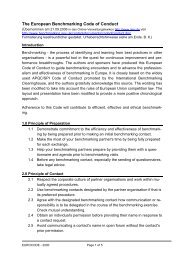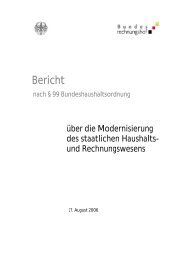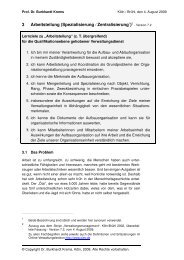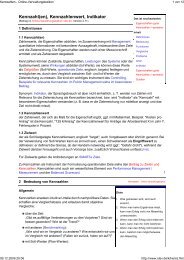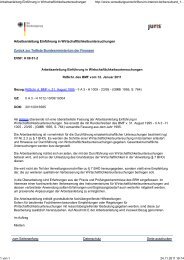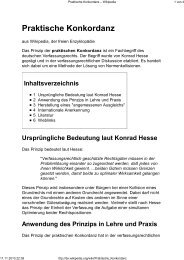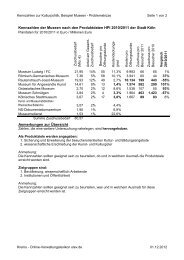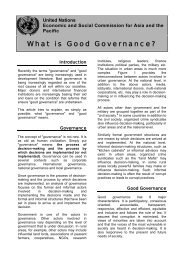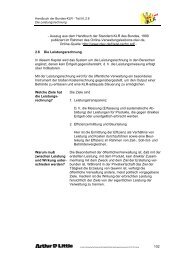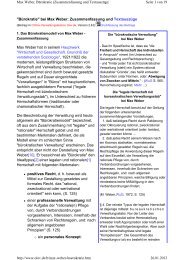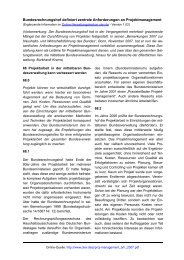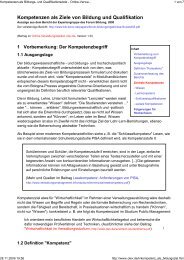Strategy Survival Guide
Strategy Survival Guide
Strategy Survival Guide
You also want an ePaper? Increase the reach of your titles
YUMPU automatically turns print PDFs into web optimized ePapers that Google loves.
Counterfactual analysis<br />
In Practice 1: SU Waste Project<br />
In choosing between options the impact of a "do nothing" option (i.e. what happens if current policies<br />
continue, or the counterfactual) must be considered. The waste team undertook such a counter factual<br />
analysis as part of their work.<br />
To do this assumptions were made about future waste growth and waste composition (provided by a<br />
waste analysis expert working with the SU team). The team considered current waste funding and<br />
looked at the rate of progress over the last 5 years in recycling and incineration based on this funding.<br />
This showed that the recycling rate had been increasing at 1% per year and only one new incinerator<br />
had been built in the last 7 years. At this rate of progress, and without kerbside recycling or more bring<br />
sites, recycling was likely to remain below 25% of the waste stream even by 2015, notwithstanding the<br />
fact that this target was originally set for 2005. It was assumed that current levels of opposition to<br />
incinerators would continue and only those currently approved would get built.<br />
This analysis established the amount of waste that would end up in landfill sites on unchanged policies<br />
and could be compared with EU Landfill Directive targets to which the UK was bound. It showed that, on<br />
unchanged policies, many more landfill sites would be needed, resulting in the UK falling further and<br />
further from meeting the Landfill Directive.<br />
The chart below shows the results of the counter factual analysis, and the increasing gap between the<br />
Landfill Directive targets and the volume of municipal waste likely to be sent to landfill sites in England<br />
in future.<br />
Estimated biodegradable waste for landfill in England versus<br />
the EU Landfill Directive targets (million tonnes)<br />
Counterfactual analysis<br />
In Practice 2: Jobseekers Allowance (JSA) interview<br />
Random assignment was used to evaluate the introduction of a Restart interview for Jobseekers in<br />
1989/90. Those claiming benefit for six months were invited to an interview to encourage return to work.<br />
8,000 people were randomly assigned to receive an interview (intervention group), while 500 people<br />
were randomly assigned to the control group that was not interviewed. The trial measured the average<br />
time it took both groups to get a job. Those receiving a Restart interview spent 5% less time claiming<br />
benefit.<br />
<strong>Strategy</strong> <strong>Survival</strong> <strong>Guide</strong> – <strong>Strategy</strong> Skills<br />
Page 167



